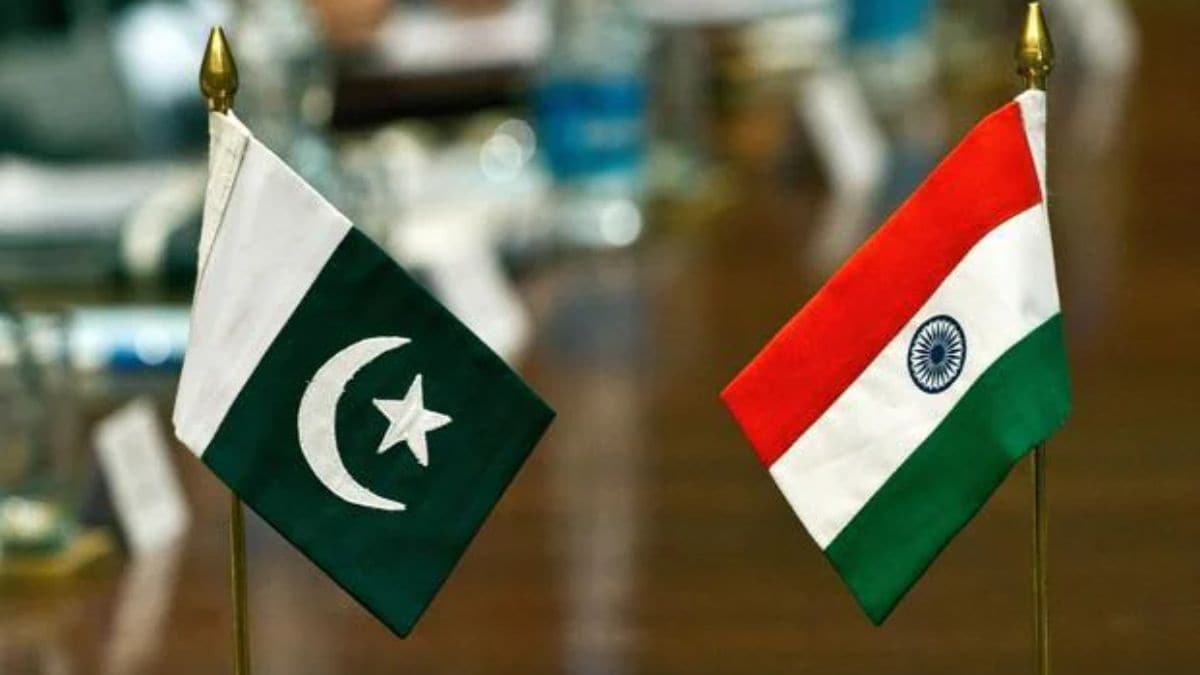

India has firmly rejected the ruling by the Permanent Court of Arbitration (PCA) regarding the Indus Waters Treaty (IWT), asserting that the court lacks jurisdiction and its decisions are not legally binding. The Hague-based PCA issued a ruling on August 8, 2025, pertaining to the design criteria of Indian hydropower projects on the rivers Chenab, Jhelum, and Indus, which flow into Pakistan. Pakistan welcomed the ruling, viewing it as a reinforcement of its position on the treaty.
India, however, maintains that the arbitration process was unilaterally initiated by Pakistan, violating the treaty's dispute resolution mechanism and undermining bilateral dialogue. New Delhi insists on resolving issues through a neutral expert mechanism as outlined in the treaty. India's Ministry of External Affairs (MEA) has stated that the constitution of the court itself violates the IWT's provisions, rendering any decisions or awards "per se void".
The Indus Waters Treaty, brokered by the World Bank in 1960, has been a cornerstone of water sharing between India and Pakistan for over six decades. The treaty allocates control of the western rivers (Indus, Jhelum, and Chenab) to Pakistan and the eastern rivers (Ravi, Beas, and Sutlej) to India. However, disputes have arisen over the interpretation and implementation of the treaty, particularly concerning India's construction of hydropower projects. Pakistan has alleged that these projects reduce water flow downstream, a claim India dismisses as unfounded.
Tensions between the two countries have further strained the treaty's implementation. Following the April 22, 2025, terror attack in Pahalgam, India placed the IWT in abeyance, citing security concerns related to cross-border terrorism. India insists that any resumption of treaty obligations is contingent upon Pakistan taking decisive action against terrorism.
India has also objected to the World Bank's 2022 decision to simultaneously appoint a Neutral Expert and constitute a Court of Arbitration, calling it a violation of the treaty's single-track mechanism for handling disputes. Consequently, India has participated in the Neutral Expert proceedings but refused to recognize or engage with the arbitration court.
The PCA's ruling stated that India must comply strictly with the provisions of the Indus Waters Treaty and allow unrestricted flows of water to Pakistan, with limited exceptions for hydropower generation that conform to treaty requirements. Pakistan's foreign office emphasized that India must adhere to treaty requirements rather than imposing its own "ideal" or "best practices" approach.
Despite the ruling, India's position remains firm: it does not recognize the PCA's jurisdiction, and the award holds no legal standing for New Delhi. India maintains that legitimate technical issues should be addressed through the neutral expert mechanism, not through what it perceives as politically motivated arbitration. India's decision to suspend treaty implementation underscores its stance that water rights, security interests, and sovereignty will not be subjected to external restrictions, especially from a country that it accuses of supporting cross-border terrorism.